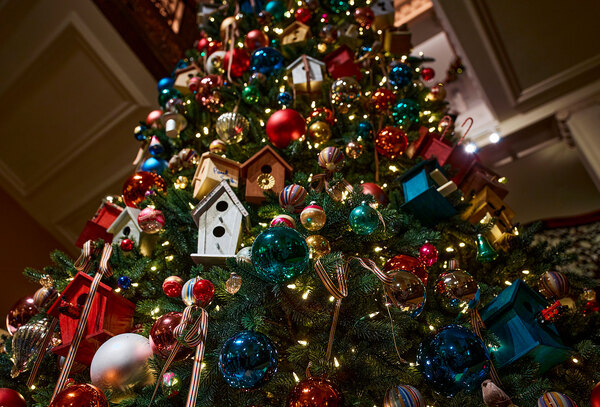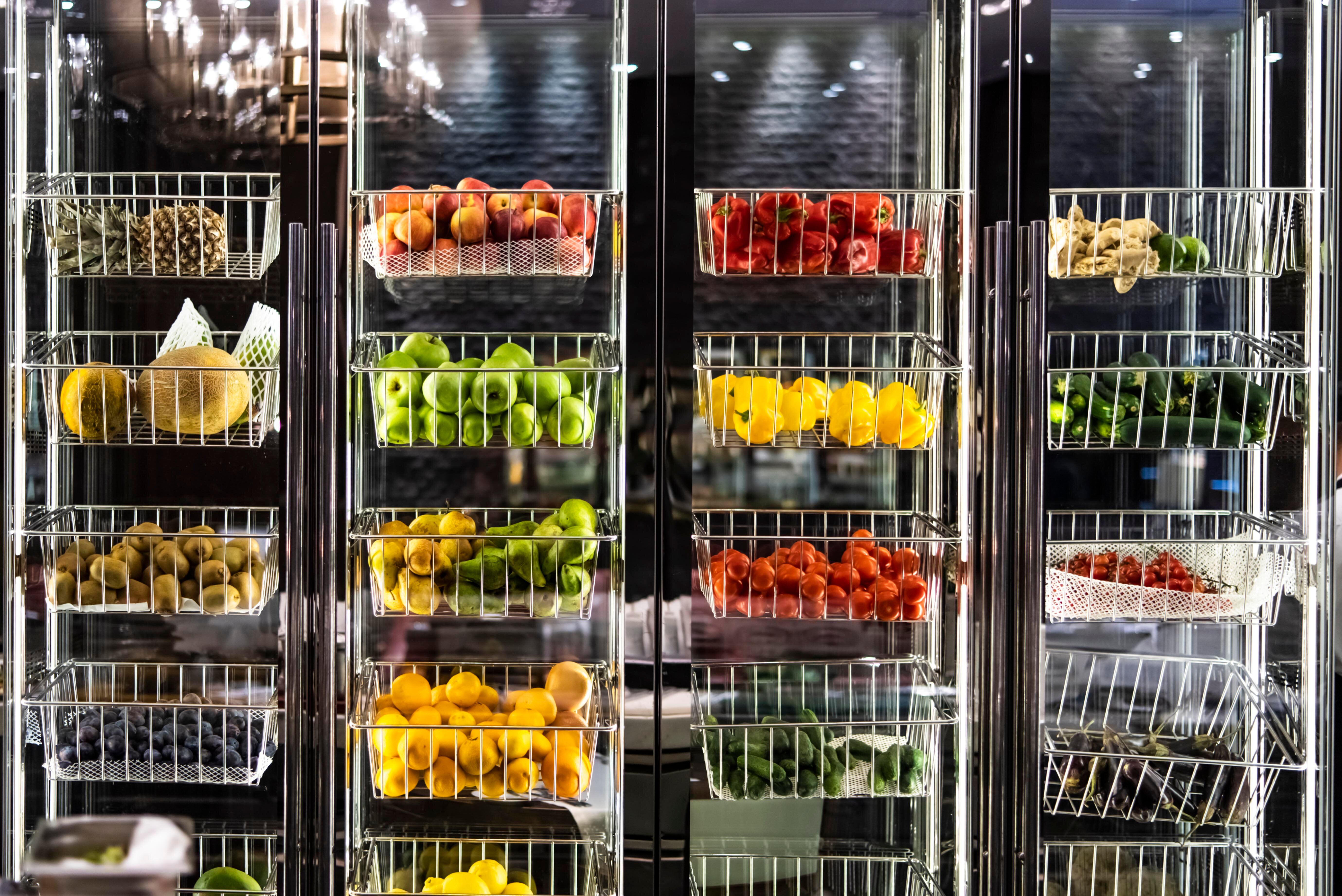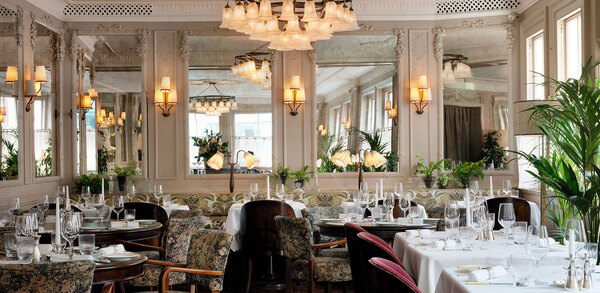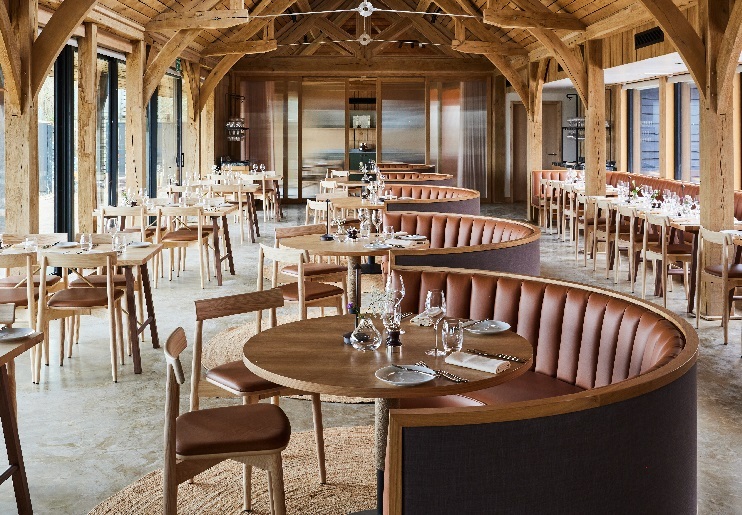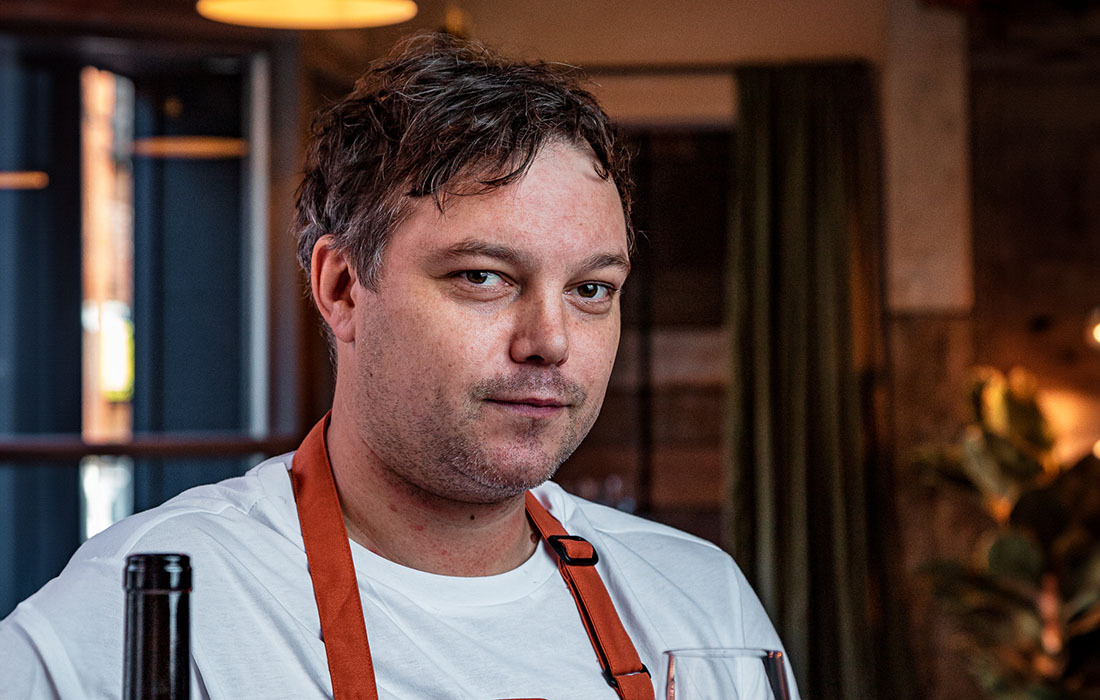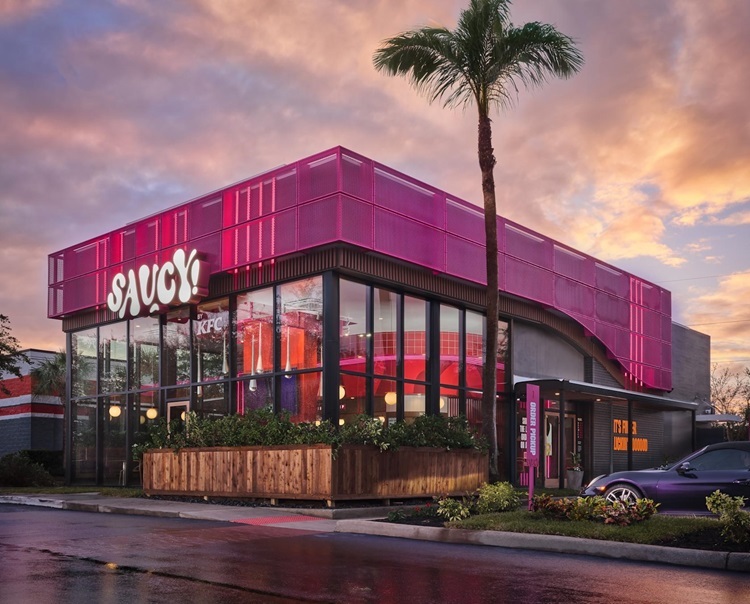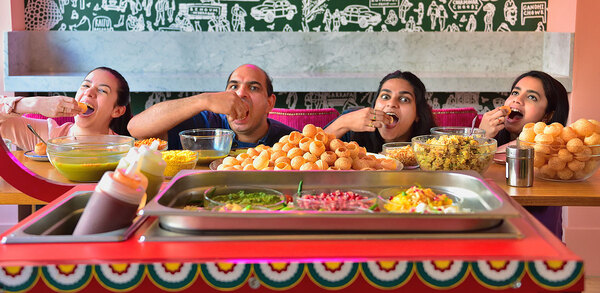London restaurants facing Tier 3 race to avoid thousands of pounds' worth of food waste
Restaurants, pubs and hotels in London are trying to avoid thousands of pounds worth of surplus food stock going to waste ahead of the capital entering Tier 3 tomorrow.
The city and parts of Essex and Hertfordshire are set to come under the strictest coronavirus measures with only two days’ notice from the government, meaning hospitality will have to close except for takeaway and delivery.
Tony Rodd, who owns the Copper & Ink restaurant in Blackheath with his wife Becky, told The Caterer he was left with around £3,000 worth of stock, including venison from eight deer that had been specially ordered last weekend.
“We’ve managed to sell the equivalent of about seven deer so far after putting a call out on Twitter,” he said. “We’ve been lucky to get rid of most of them, but there’s food like the dauphinoise potatoes we had made that are not something you can package and sell.
“It’s not just the money. There’s time and energy gone into that that we can’t get back.”
Some produce will be given to staff and Rodd is speaking to local food banks, though organisations are often unable to take food that has been pre-cooked and prepared.
Anna Haugh, chef-owner at Myrtle restaurant in Chelsea, said the government’s decision wasn’t logical when retail was allowed to remain open.
She said: “Why let us open to just shut us again? The amount of wasted food is heartbreaking. In a restaurant like mine although it’s a small menu we can’t reduce what we offer as it will impact the standard of the restaurant. I’d say we are feeling the pinch, but it’s actually like repeatedly being punched.”
Peter Lloyd, chef owner at Sticky Mango in Waterloo, said it was not just food that restaurants were losing money on.
“I just spent £250 on fresh flowers for the week. This is traditionally the busiest week of the year and we were reasonably well booked. We had fresh deliveries on Monday morning which we now can’t use. We don’t work with a charity or food bank and it’s too short notice to set something up now.”
The five-red-AA-star, 107-bedroom Stafford London hotel in St James' had around 100 guests booked for Christmas and had already ordered 100 lobster tails, costing around £25 each. It is also left with special ingredients such as truffles, which cannot be frozen.
Chef-director Ben Tish said: “Everything we can freeze we will, but we don't have that much freezer space – not many London restaurants do – so it's not ideal by any means.”
The restaurant will give produce to staff and its local Fitzrovia food bank and continue to offer its ‘at home’ menu boxes. “We’ll include all the produce we can in them. Let’s hope our customers keep ordering those in the coming weeks,” said Tish.
A number of organisations that can purchase and distribute surplus stock from hospitality venues are calling on businesses to get in touch.
Richard Smith, head of supply at food waste charity the Felix Project, said it had worked with restaurants and bars to rescue 100 tonnes of food during the first lockdown.
He said: “We expect waste will be similarly high during Tier 3 restrictions, particularly with Christmas round the corner, and welcome all food businesses to get in touch about redistribution immediately. We know this is a really tough time for the industry, but hopefully we can provide a small silver lining to ease the stress."
The Too Good To Go app lets people buy food from restaurants, pubs, retailers, and suppliers that would otherwise have gone to waste.
“We’re calling on any business who has, or will have, excess stock come Wednesday to get in touch with us so that we can help to get it in the hands of consumers, while recovering otherwise sunk costs,” said Paschalis Loucaides, UK country manager at Too Good To Go.
FareShare, a nationwide charity which redistributes surplus food, said it had yet to see an increase in stock diverted from hospitality and foodservice in London but had more than doubled the amount of food it distributed across the UK since March to over two million meals a week.
Lindsay Boswell, FareShare chief executive, said: “In the first five months of the year we also saw a 715% increase in the amount of food we redistributed from the food service industry – such as restaurants and commercial caterers – onto frontline charities nationwide."
Restaurants in Tier 2 areas have also been struggling to deal with a rise in food waste due to the requirement for alcohol to be ordered with a ‘substantial meal’.
Areas including Birmingham, Bristol, Nottingham and Lancashire were placed into Tier 3 on 2 December, and many regions in the Midlands and North West have been subject to the strictest level of restrictions for much longer.
The government is due to review the nationwide tier rules on 16 December.
The Sustainable Restaurant Association (SRA) has put together a help sheet to minimise food waste and connect operators with relevant organisations, which can be viewed here.
Image: Shutterstock


